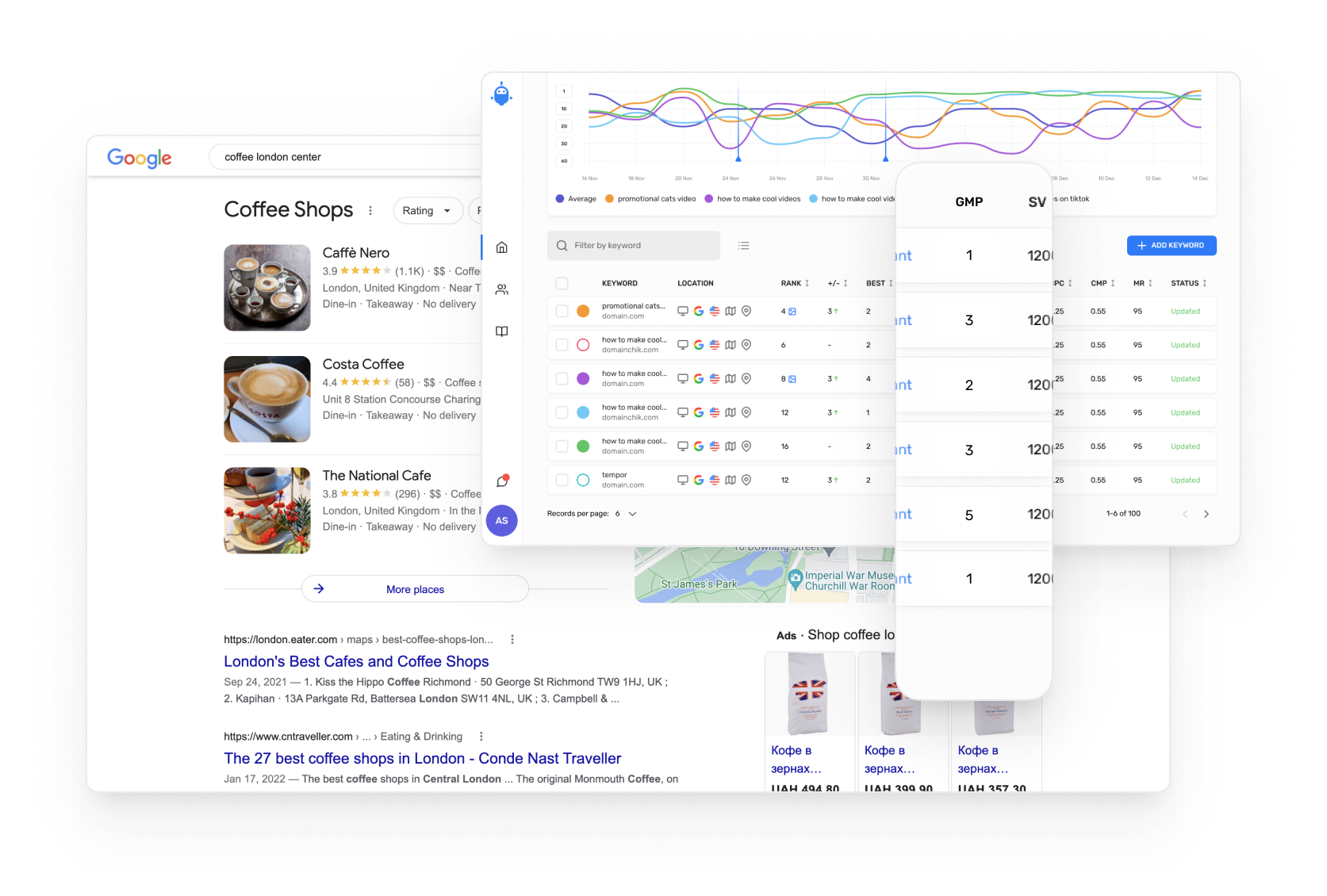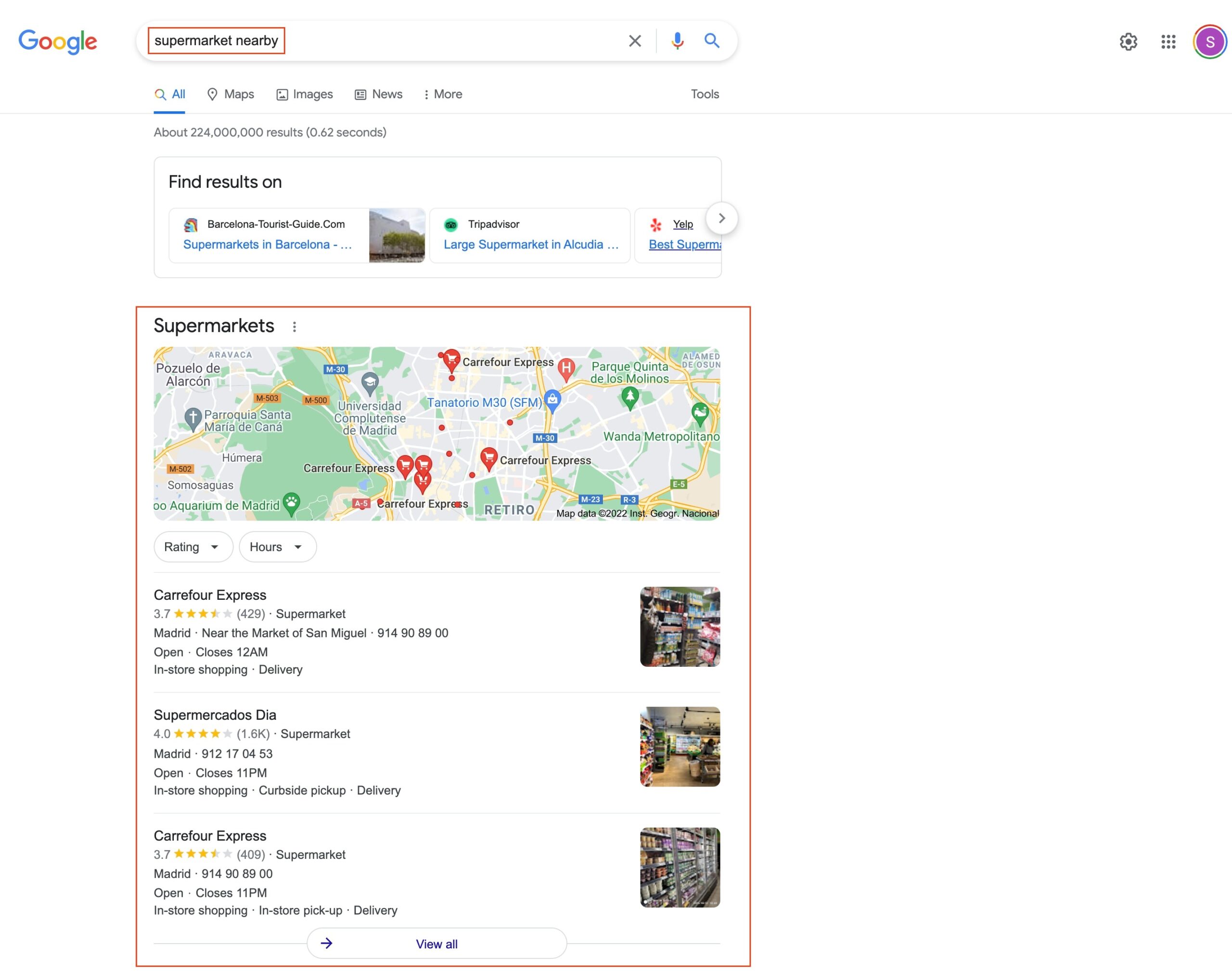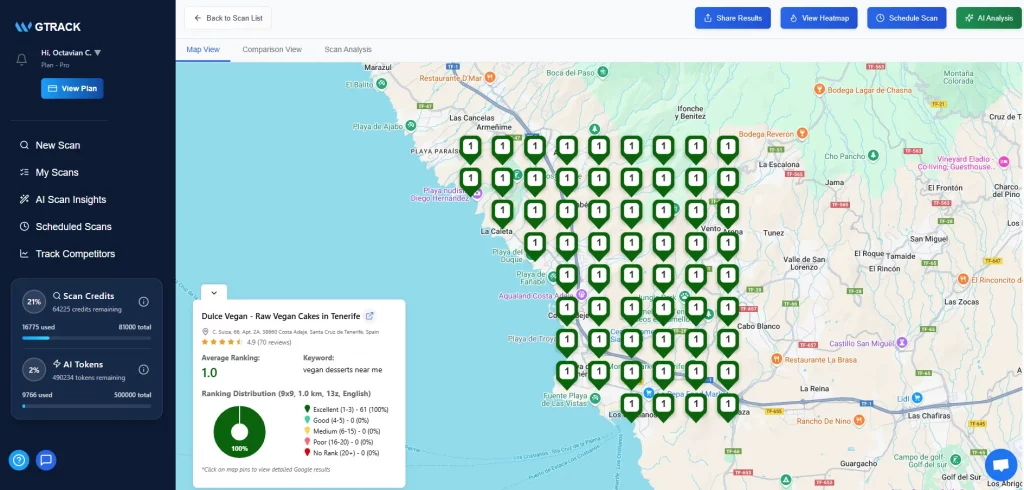Tracking and Measuring Google Maps SEO Success with Analytics Tools
To effectively track and measure Google Maps SEO success, you need to focus on several key metrics and utilize various analytics tools. Here’s a structured approach to help you achieve this:
Key Metrics for Local SEO
-
Google My Business Insights:
- Views: The number of times your business listing appears in search results and on Google Maps.
- Search Queries: Understand what keywords people use to find your business.
- Actions: Monitor the actions customers take, such as visiting your website, requesting directions, or calling your business.
- Photo Views: See how often your photos are viewed compared to similar businesses.
-
Local Pack and Organic Rankings:
- Local Pack Rankings: Check how often your business appears in the local pack for relevant keywords.
- Organic Rankings: Monitor your website’s position in organic search results for local keywords.
-
Website Traffic and Conversions:
- Use Google Analytics to track organic traffic and conversions from search engine traffic.
Analytics Tools for Google Maps SEO
-
Google Analytics:
- Tracks website traffic from search engines and conversions.
- Integrates with Google Search Console to analyze keyword performance.
-
Google Search Console:
- Provides insights into search queries, impressions, and clicks.
- Helps identify issues affecting your site’s visibility.
-
Moz Local:
- Offers advanced local rank tracking and visualization.
- Manages local listings and provides reputation management tools.
-
Chatmeter:
- Automates business listings management and review monitoring.
- Provides AI-powered optimization suggestions for better rankings.
-
Local Falcon:
- Tracks and optimizes local search visibility with AI-driven insights.
Steps to Track Google Maps SEO Success
-
Set Up Google Analytics:
- Create an account and integrate it with Google Search Console.
- Use geographic reporting to track local traffic.
-
Monitor Google My Business Insights:
- Regularly check views, search queries, actions, and photo views.
-
Use Local SEO Tools:
- Utilize tools like Moz Local, Chatmeter, and Local Falcon to track rankings and optimize listings.
-
Analyze Keyword Performance:
- Use Google Analytics and Search Console to identify high-performing keywords.
-
Adjust SEO Strategy:
- Based on analytics data, adjust your SEO strategy to improve rankings and engagement.
By following these steps and leveraging these tools, you can effectively track and measure your Google Maps SEO success, making data-driven decisions to enhance your local online presence.





